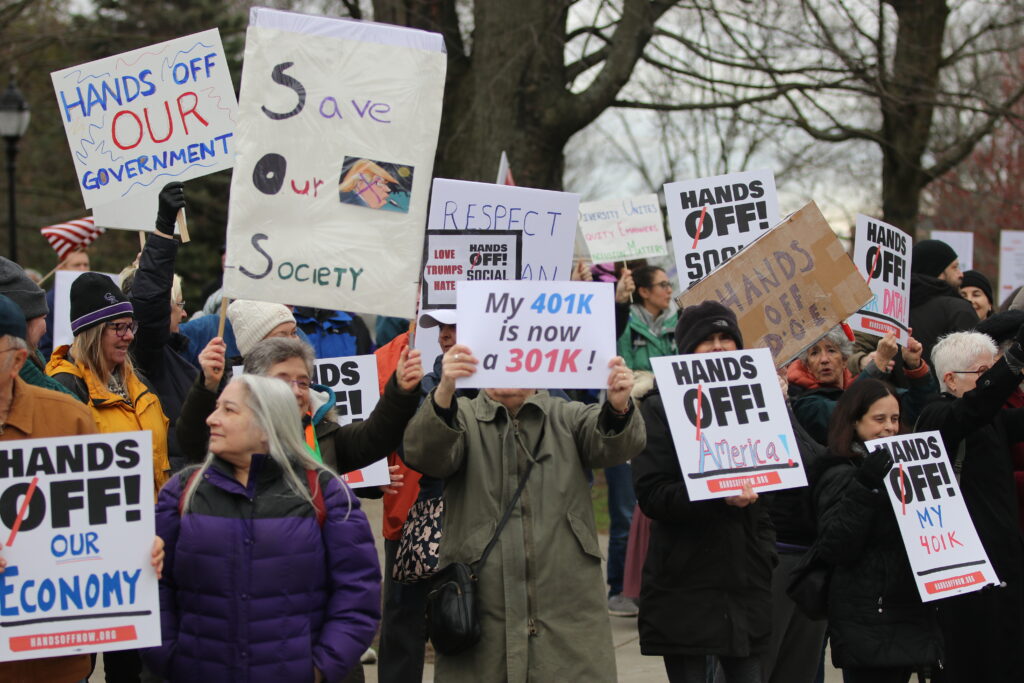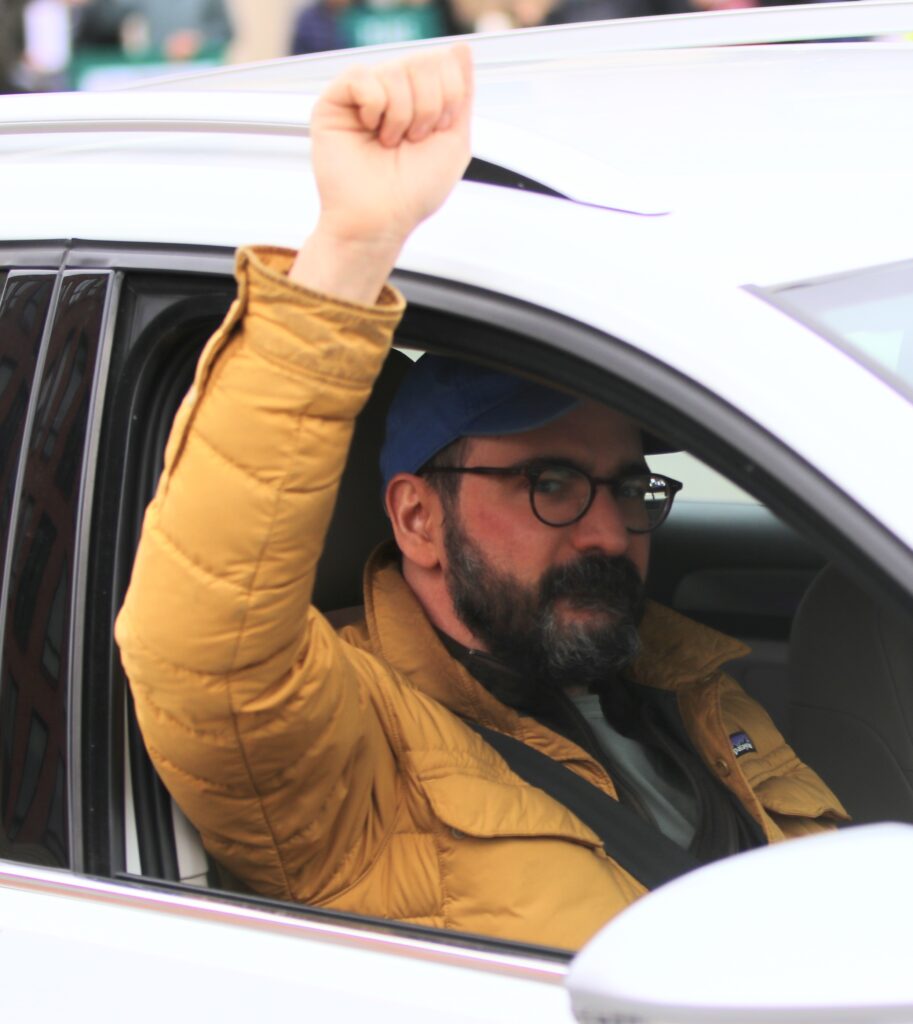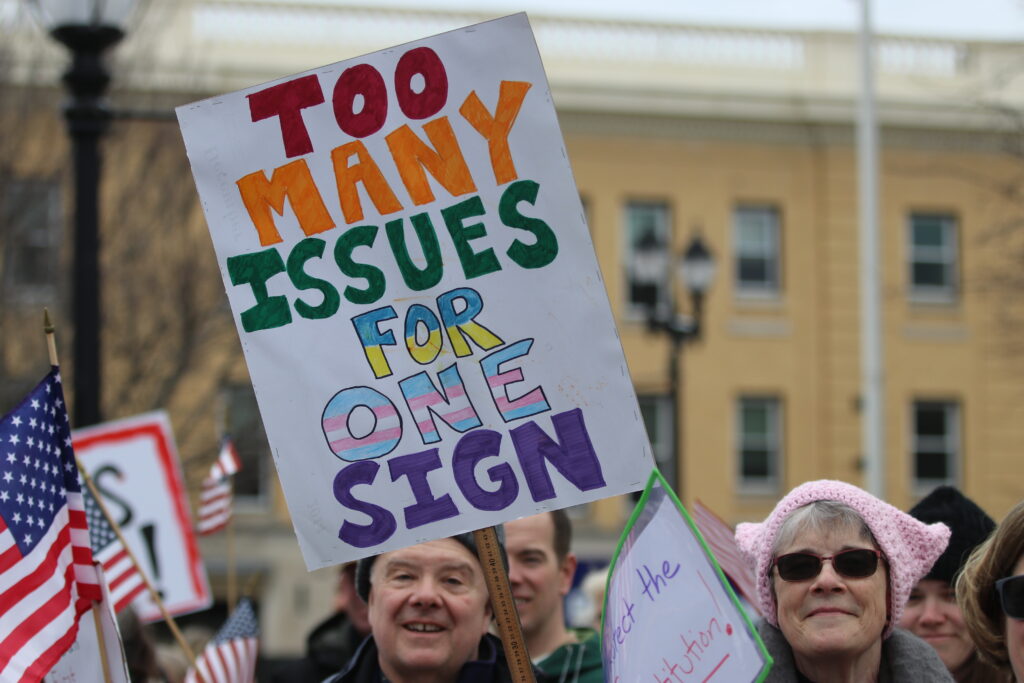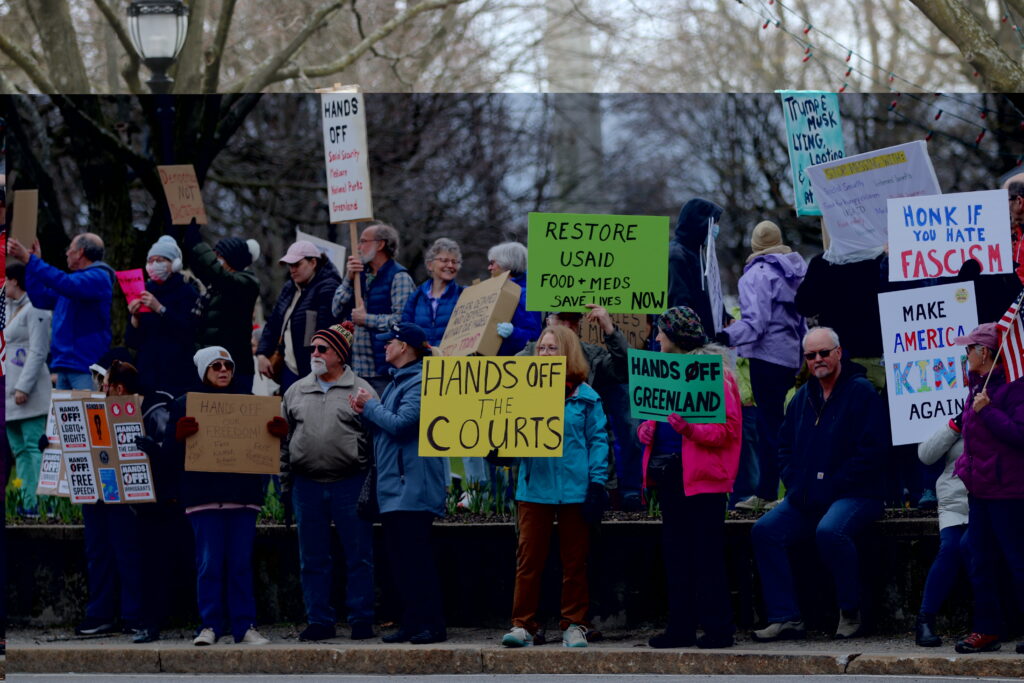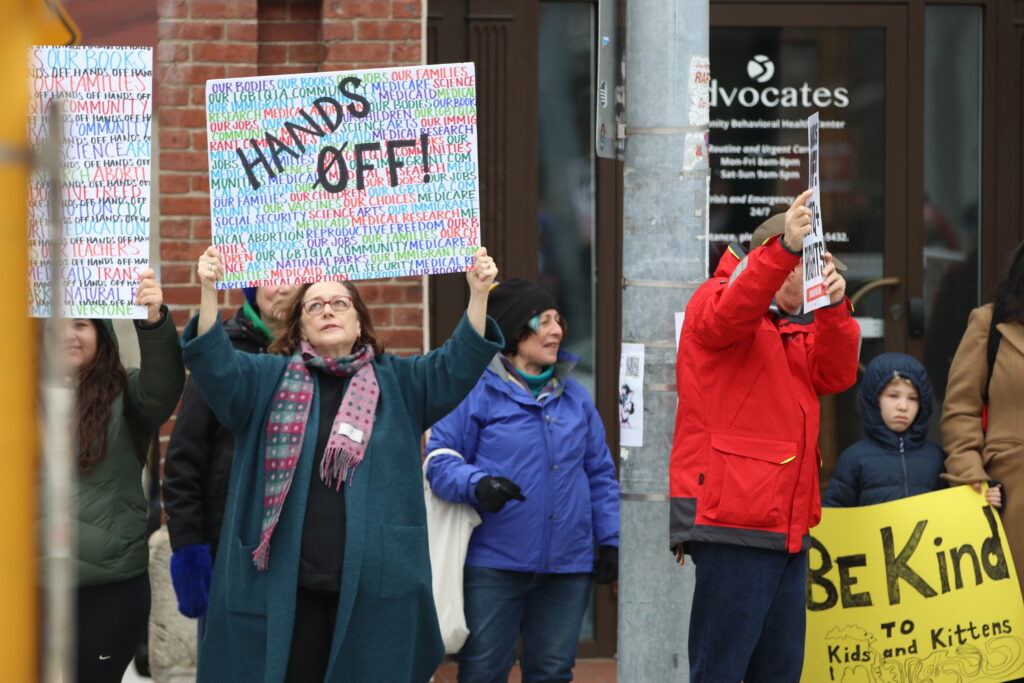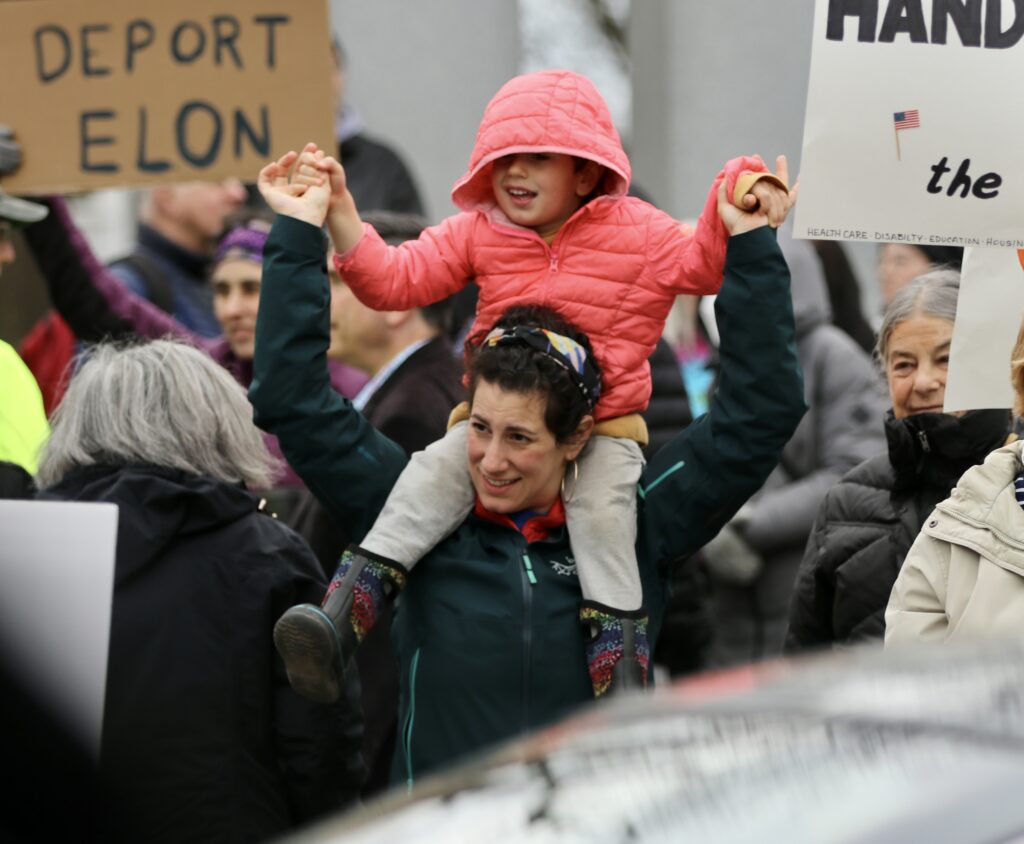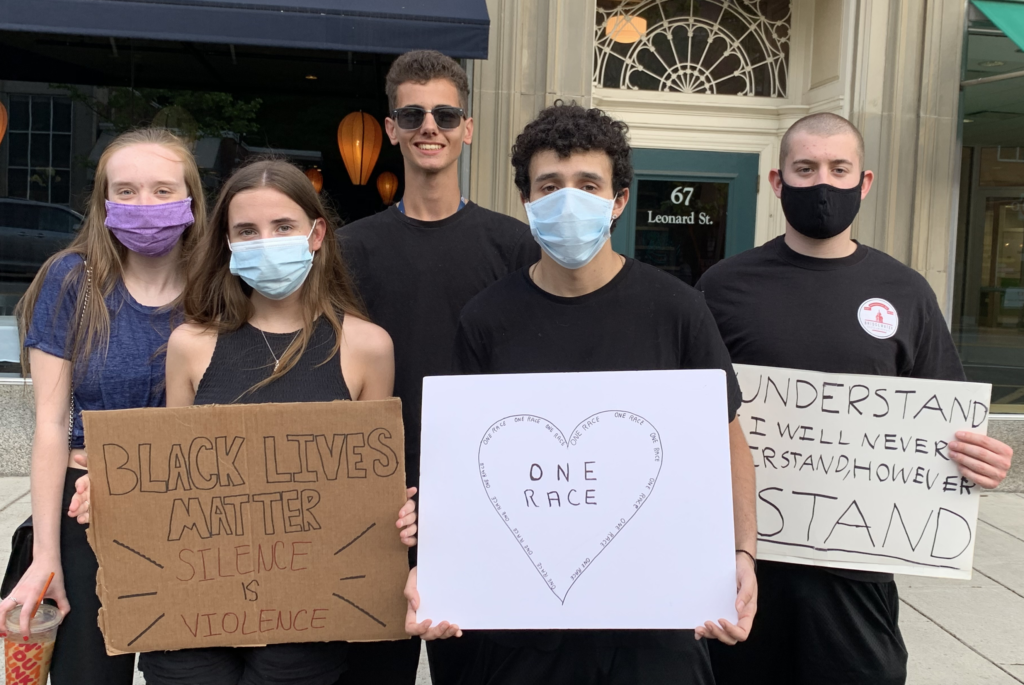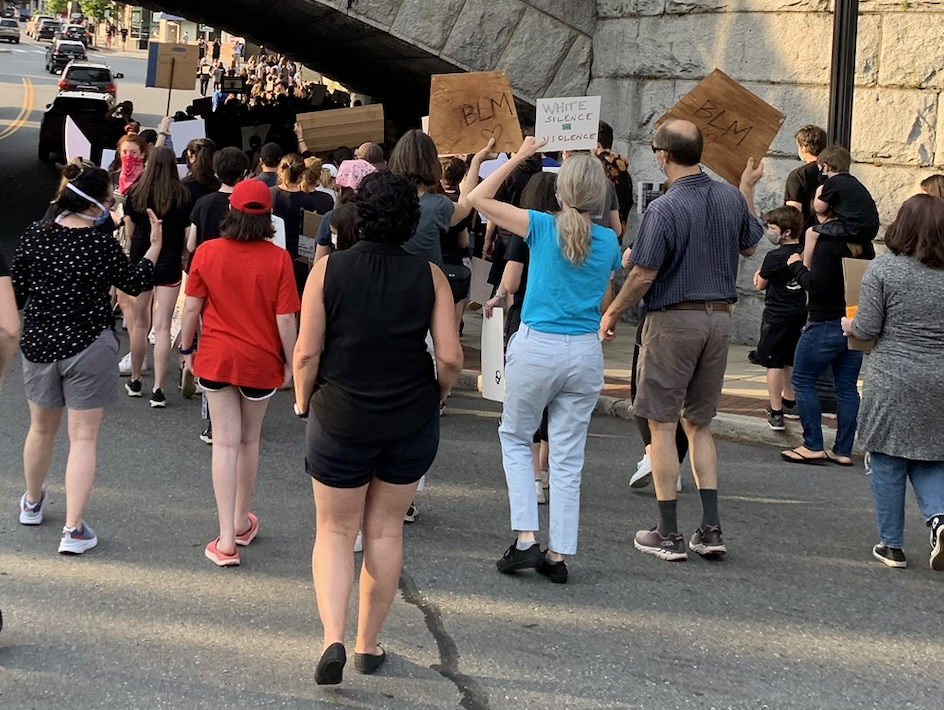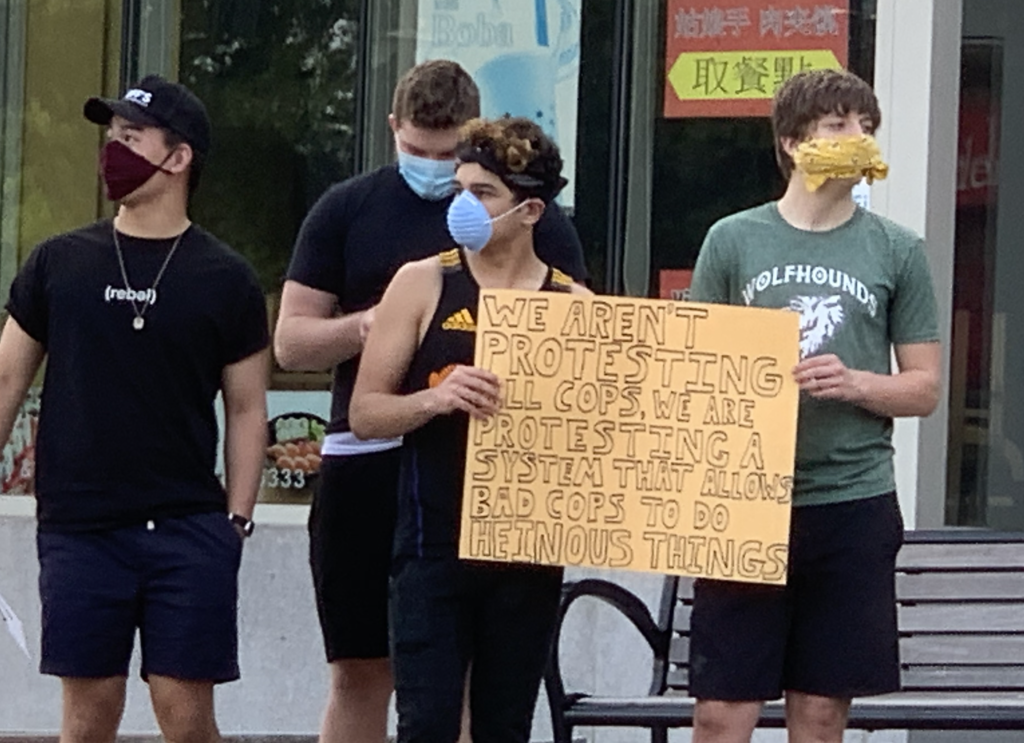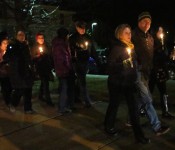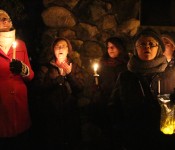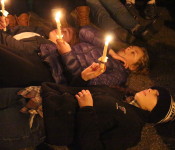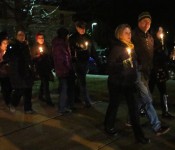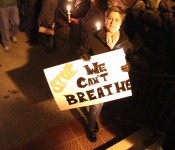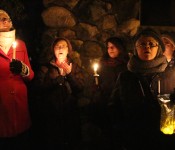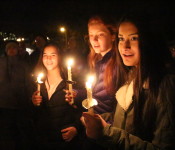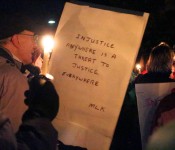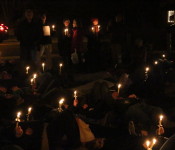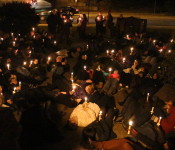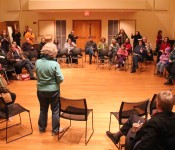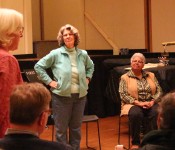Photo: No Kings in Belmont
Hundreds of Belmontians and many from neighboring communities joined millions of fellow protesters across the country on Saturday, June 14, to declare ‘No Kings’ as they voiced their opposition to what they contend is President Trump’s administration’s promotion of growing authoritarianism in the country.
The noisy and lively protest occupied the Town Green adjacent to the First Church in Belmont, Unitarian Universalist across from the MBTA commuter rail underpass at the entrance to Belmont Center. Throughout the late morning, a continuous chorus of vehicle horns punched through the air to the delight of participants – many holding homemade signs – who lined the conversion of Concord Avenue and Common Street.
Belmont was one of 2,100 demonstrations in the US and overseas that brought out an estimated five million participants in a “national day of peaceful protest” against the policies of the Trump administration, highlighting its aggressive actions on arresting and deporting undocumented immigrants without due process.
